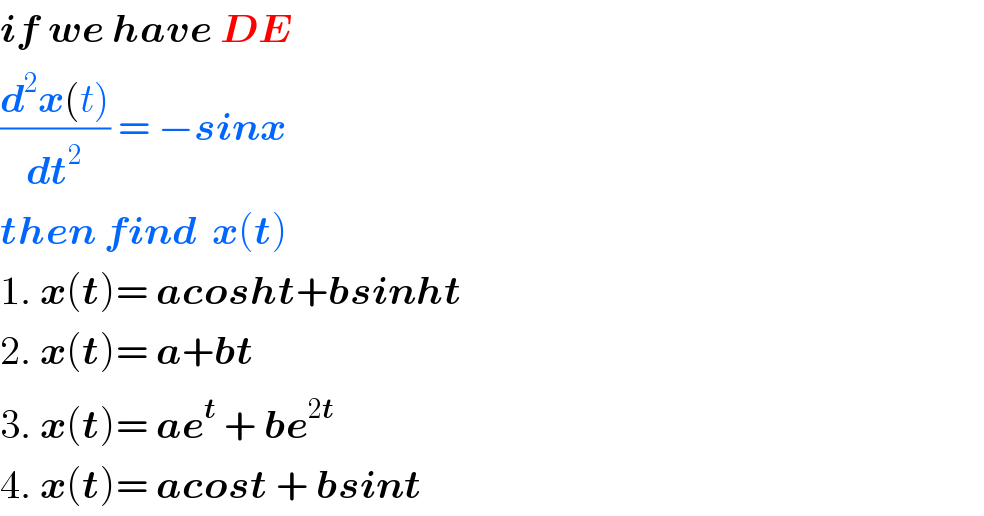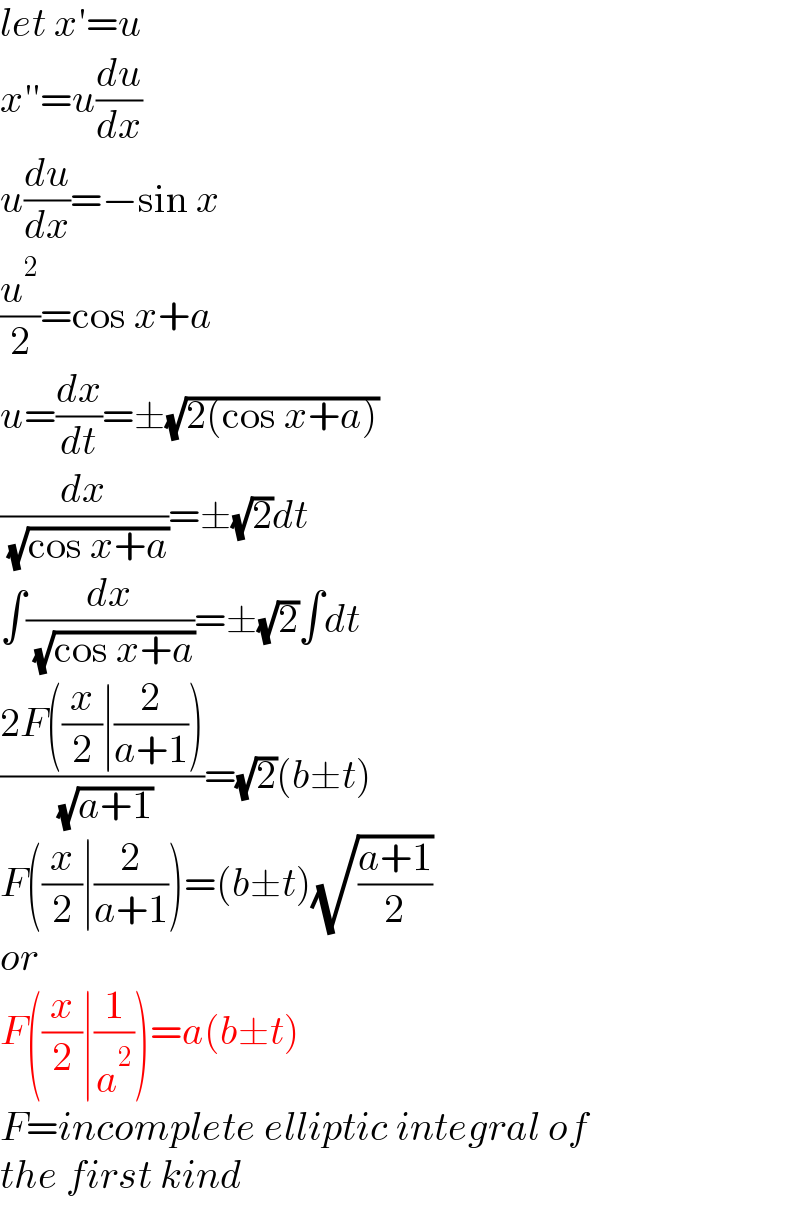
Question and Answers Forum
Question Number 128430 by sachin1221 last updated on 07/Jan/21

Commented by mr W last updated on 07/Jan/21

Commented by sachin1221 last updated on 07/Jan/21

Answered by mr W last updated on 07/Jan/21

Commented by sachin1221 last updated on 10/Jan/21

Commented by mr W last updated on 10/Jan/21

